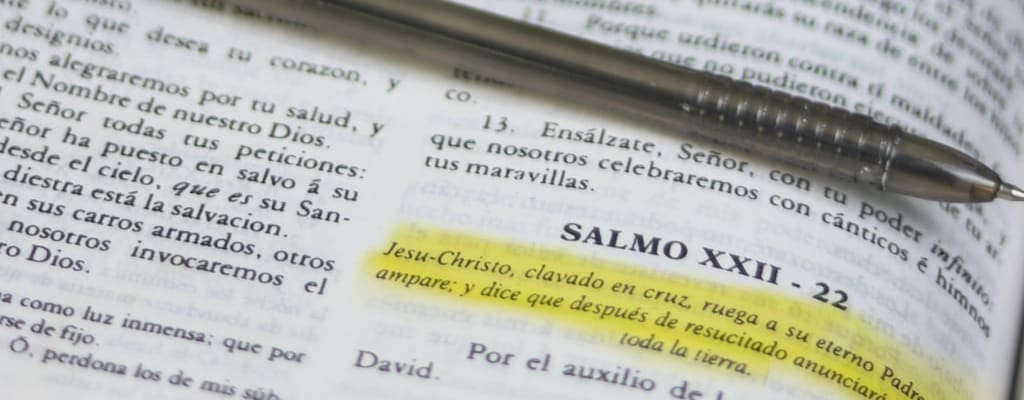dicky: Idiom Meaning and Origin
What does ‘dicky’ mean?
The idiom "dicky" refers to something that is not working properly or is unreliable. It can also describe someone who is feeling unwell or in a bad mood. The exact origin of the idiom is uncertain, but it has been used in English language for many decades.

Idiom Explorer
The idiom "jerkoff" is a vulgar slang term used to describe someone who is considered foolish, stupid, or annoying. It is an insult that implies a lack of intelligence or worthlessness.
"In Dickie's meadow" is an idiom that means in a fictional or imaginary place, often used to imply a situation that is not realistic or practical.
An idiom used to describe someone who is in an emotional or mental state of extreme agitation, distress, or confusion.
The idiom "in a pig's patoot" means in a difficult or unpleasant situation. It is often used to express frustration or annoyance. The exact origin of this phrase is unclear, but it likely refers to the idea of being in an undesirable or uncomfortable position, similar to being in a pig's hindquarters.
The idiom "ill health" refers to a person's state of being unhealthy or experiencing poor physical condition.
The idiom "go wrong" means that something does not go as planned or expected, and results in a failure or a mistake.
The idiom "gouty-handed" is used to describe someone who has unsteady or clumsy hands, often due to a medical condition like gout. It implies a lack of dexterity or finesse in tasks that require manual skill.
The idiom "fucked over" is a vulgar way to describe someone being deceived, betrayed, or treated unfairly by others, usually resulting in negative consequences or harm. It implies a sense of being taken advantage of and often carries strong emotions of anger, frustration, or disappointment.
Elucidating "Dicky's" True Significance
The colloquial expression "dicky" is used in various contexts and has multiple interpretations. In this analysis, we will explore its meanings and usage, focusing on its relevance for a US audience.
One common usage of "dicky" refers to something that is not working properly or is in a state of disrepair. This could be applied to objects like a dicky watch that fails to keep accurate time or a dicky car engine that frequently breaks down. It can also be extended to situations where things don't go as planned or expected, for example, a dicky weather forecast that turns out to be incorrect.
Add information about "dick milk". In addition, "dicky" can also be used to describe someone who is feeling unwell or experiencing discomfort. This usage typically refers to minor illnesses or discomfort that are not severe but can still be bothersome or inconvenient. For instance, one might say they have a dicky stomach after consuming something that didn't agree with them or a dicky knee that occasionally acts up.
Add information about "ill health".
Another meaning of "dicky" is when it is used to describe someone who is behaving in a deceitful or dishonest manner. This usage is often associated with someone who is unreliable or untrustworthy. For example, if someone consistently breaks their promises or frequently lies, they may be labeled as dicky in their actions or character.
Add information about "coke dick". Furthermore, "dicky" can also be used to describe a temporary replacement or substitute for a person or thing. This is applicable in situations where the intended person or item is not available, and a stand-in or alternative is used instead. For instance, in a theater production, an understudy might be referred to as the dicky actor if they are filling in for the main performer.
Add information about "fucked up". Etymologically, the precise origins of the idiom "dicky" are not entirely clear. However, it is believed to have originated from British slang in the 19th century, possibly from the word "dick" which was used to refer to something false or counterfeit. Over time, the term "dick" might have evolved into "dicky" with a similar connotation of something that is not genuine or unreliable. Although the exact path of its development remains uncertain, this background provides some insight into the idiom's usage today.
The idiom "dicky" encompasses a range of meanings, including something that is not functioning properly, someone who is feeling unwell, a deceitful or dishonest individual, and a temporary substitute. Although the precise etymology of "dicky" remains elusive, its versatility in usage reflects the complexities of the English language. This idiom exemplifies the ever-evolving nature of idiomatic expressions and invites further exploration and interpretation.
Example usage
Examples of how the idiom "dicky" can be used in a sentence are:
- His car has been acting rather dicky lately, making strange noises and occasionally stalling.
- I was feeling a bit dicky after eating that spicy food, so I decided to take a break and rest.
- She was dicky about going on the roller coaster, but eventually gave it a try and ended up enjoying it.
More "Slang" idioms



